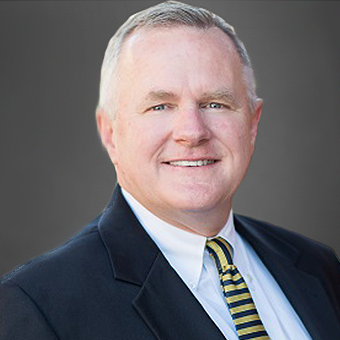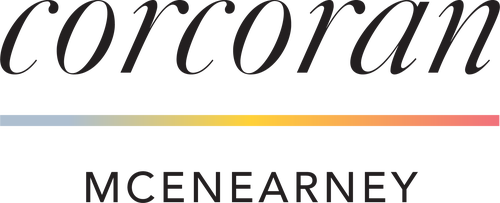
One of the realities associated with the purchase and financing of residential real estate is the fact there will be transaction costs generally referred to as closing costs. Understanding, well in advance, what those costs will be is useful in planning for the purchase.
Transaction costs can be broken down into two broad categories – closing costs and prepaid/escrow expenses. Closing costs include fees charged by the lender, fees charged by the settlement company, and fees charged by state and local jurisdiction where the property is located.
Lender fees often include charges for the appraisal, credit report, processing fees, flood certifications, and tax service fees. The total charges generally run between $1,800 and $2,300. Appraisal fees will vary depending upon the value of the appraisal and the complexity of the appraisal effort.
Settlement company charges generally include fees for their service, fees associated with the title search and preparation of the title binder, and lender’s and owner’s title insurance. Not including the cost of the title insurance, the settlement company fees usually total between $800 and $1,000. Title insurance costs are driven by the sales price of the property, whether the borrower chooses to purchase owner’s title insurance, and further, whether the borrower chooses standard or enhanced owner’s title insurance. For a $300K purchase price with standard owner’s coverage, the title insurance costs would be somewhere between $1,550 and $1,700. At a price of $600K with the same election, the costs would range from $2,850 to $3,000. At a sales price of $1M, the title insurance costs would range between $4,550 and $4,800. If the borrower chooses to purchase the enhanced type of owner’s title insurance, the total title insurance costs would be higher at all price points. State and local jurisdiction costs vary from location to location and are also determined by the sales price and loan amount. In Virginia at a sales price of $600K with 20% down, the tax stamp cost would total $3,600. In Montgomery County, MD, the transfer and recordation taxes at that same price point and loan amount would total $6,955. In Washington, DC, the recordation tax would be $8,700. Maryland and The District do offer some discounts for first time purchasers in their jurisdictions.
The last group of costs associated with the purchase of residential property are prepaid and escrow expenses. If the purchaser is obtaining a mortgage loan, he/she must also obtain homeowner’s (hazard) insurance which will vary in cost based on the price of the property. The premium for the first full year is generally collected at the time of settlement. In addition, three months of the annual premium are collected at settlement and placed in the borrower’s mortgage escrow account to ensure enough will be available the following year to cover the second-year premium. The borrower will also be responsible for covering any property tax due to the seller and the amount required in the escrow account necessary to cover the next real estate tax bill.
Lastly, if the property is a condominium or located within a homeowner’s association, the purchaser will be responsible for any refund to the seller of monthly dues which had been paid in advance and for any fees required by the homeowner’s association.
 Brian Bonnet | Senior Loan Office
Brian Bonnet | Senior Loan Office
Atlantic Coast Mortgage, LLC
e: bbonnet@acmllc.com | t: 703-766-6702
A lifelong resident of Northern Virginia, Brian brings twenty-five years of lending experience to the group. After graduating from The Citadel and serving as a Naval Officer, Brian transitioned to the United States Senate Veteran’s Affairs Committee where he served as a Professional Staff Member and had the responsibility of overseeing the VA Loan Guaranty program. After leaving Capitol Hill and the political world, Brian entered the mortgage banking industry. Keeping abreast of the myriad changes in the lending industry over the years has given Brian a unique perspective and the ability to successfully serve his clients regardless of the current market conditions. With his extensive knowledge about the VA and its loan guaranty program, Brian is widely recognized as a specialist in VA financing. He enjoys sharing his knowledge and experience with others and is certified to teach Financing Continuing Education in Virginia, DC, and Maryland.

 Facebook
Facebook
 X
X
 Pinterest
Pinterest
 Copy Link
Copy Link






